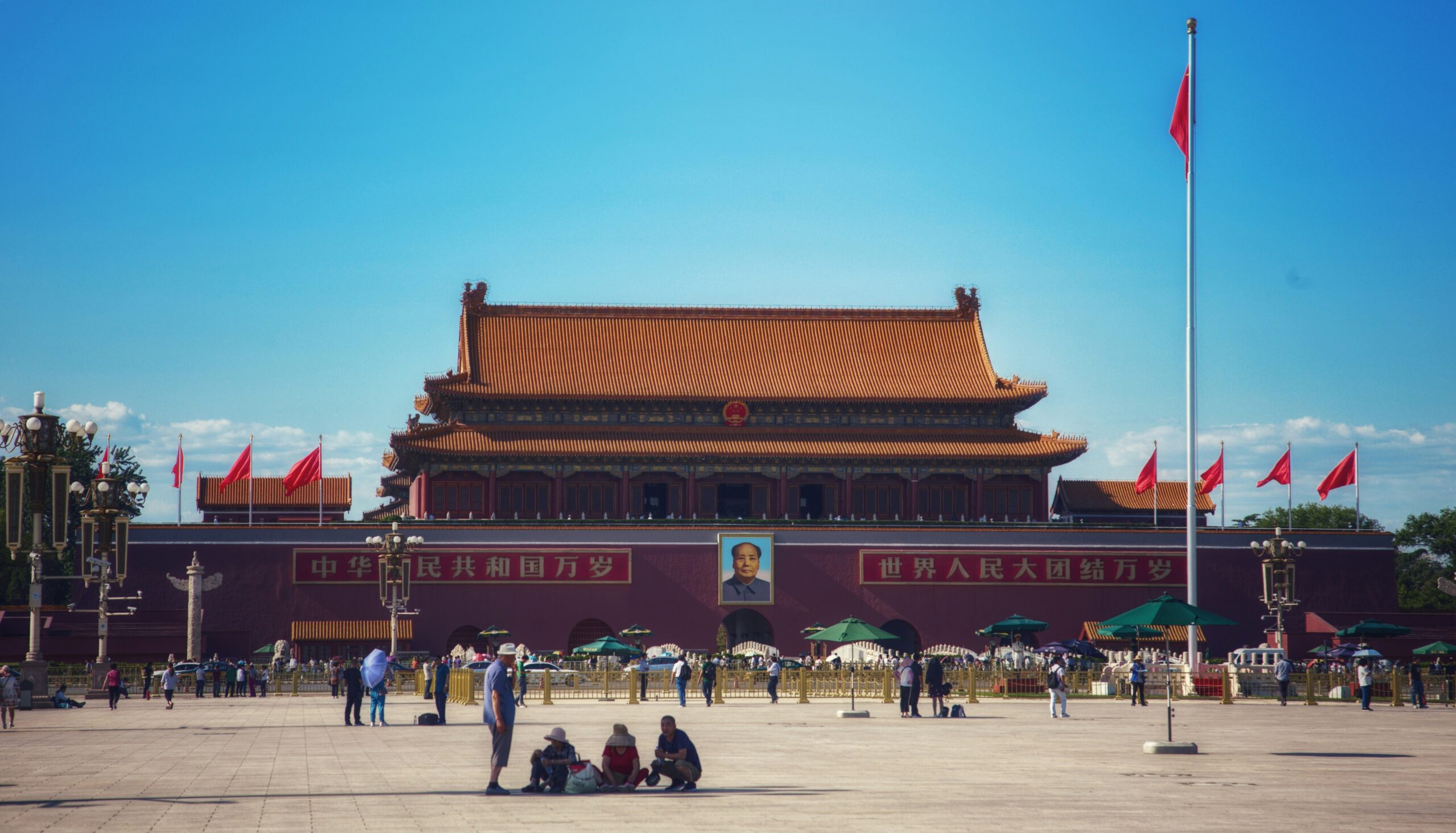On Wednesday (12 November), Michael McGrath, the European Commissioner for Democracy, Justice, the Rule of Law and Consumer Protection, unveiled a new bulwark against the pressures testing European democracies.
The European Democracy Shield aims to fortify the EU against foreign interference, disinformation, and the internal strains undermining trust in institutions. At its heart is a recognition that democracy is neither static nor guaranteed. “Democracy is only as strong as the people who believe in it,” said Mr McGrath during the presentation.
The Shield rests on three pillars. First, safeguarding the information space: disinformation, often amplified by artificial intelligence, has become a potent weapon in elections from Romania to Moldova. To counter this, the Commission plans a European Network of Fact-Checkers, a crisis protocol linked to the Digital Services Act, the law holding online platforms accountable for harmful content and lack of transparency, and enhanced monitoring through the European Digital Media Observatory, a consortium that supports independent efforts to expose disinformation. The aim is not censorship but clarity, helping citizens tell fact from manipulation in an age of viral deceit.
Second, strengthening institutions and electoral integrity. Though voting remains a national matter, Brussels seeks stronger coordination via the European Cooperation Network on Elections, updates to the DSA Elections Toolkit, and guidance on AI-generated content/deepfakes in campaigns. The Shield also backs independent media through a Media Resilience Programme, updated broadcast rules, and legal safeguards for journalists, all to build a democratic ecosystem resilient to both internal erosion and foreign interference.
Third, boosting societal resilience. Citizens are at the centre of Europe’s democratic defence, McGrath emphasised. The Shield promotes media literacy, critical thinking, and youth participation, supported by new civic-tech tools and a framework to embed democratic values from school onward.
A key pillar is the European Centre for Democratic Resilience, a voluntary hub pooling expertise from EU members and candidate countries to anticipate and counter threats. A Stakeholder Platform will link civil society, academia, and media to strengthen cooperation.
A shield of paper?
Yet critics see sharp limits. Enforcement is done through the DSA, with its slow investigations, dragging on long after falsehoods spread. The European Centre for Democratic Resilience, meanwhile, is voluntary and underfunded, raising doubts about its bite. Pressure from Washington and Big Tech has further softened the Shield’s language, as Brussels treads carefully to avoid sparking transatlantic trade spats.
Domestic politics add another layer of fragility. Member states disagree on what counts as disinformation, while civil society groups risk being stigmatised under new transparency rules meant to curb foreign influence. Carl Dolan of the European Policy Centre, a Brussels-based think tank, warns that by fixating on outside interference, the Commission underplays homegrown polarisation and the deeper erosion of trust within Europe’s democracies.

